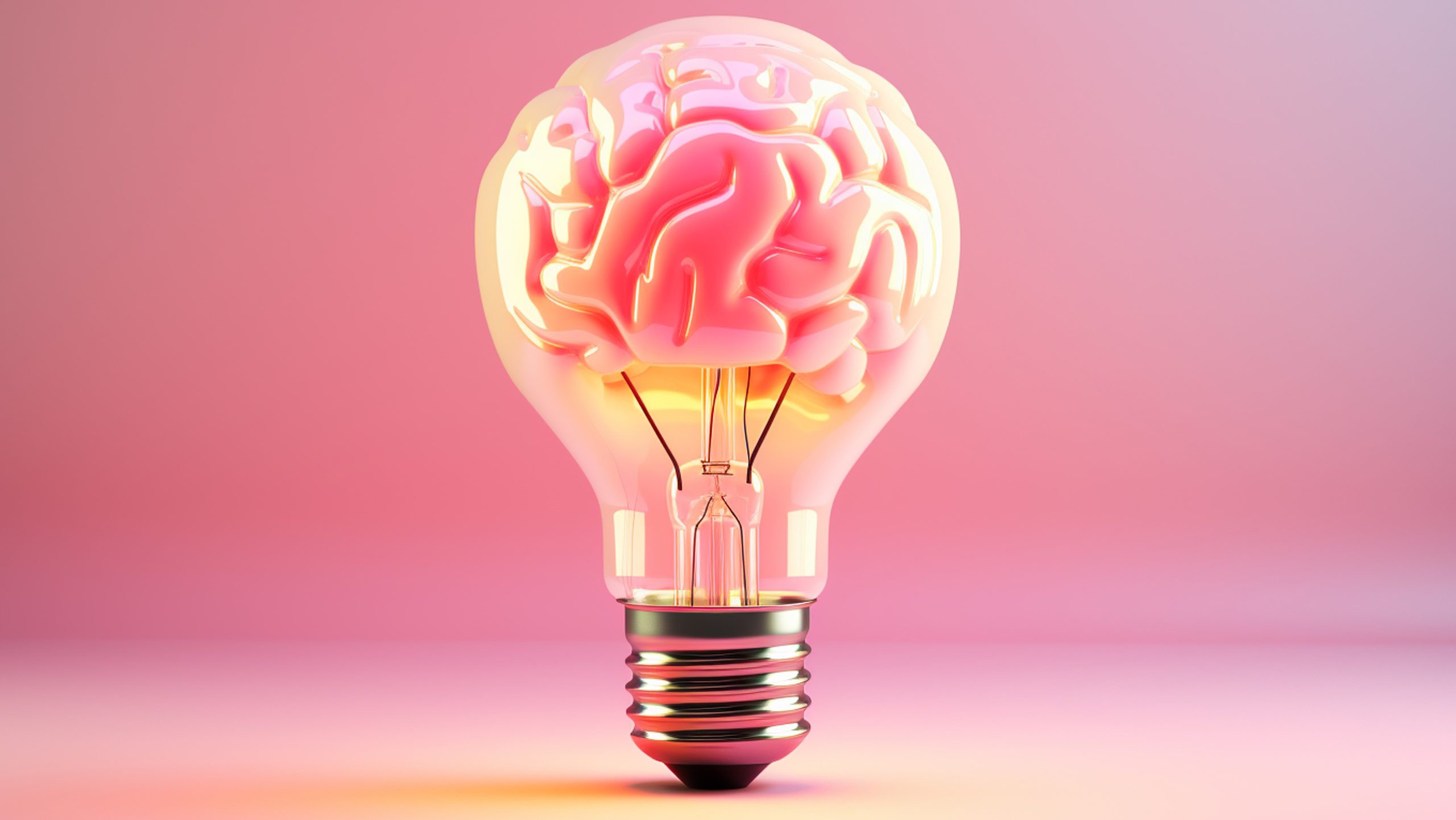Sleepiness following physical and sexual activity in men is a common phenomenon observed across cultures and ages. This article explores the neuroendocrinological basis underlying this phenomenon. Specifically, it examines how hormones released during and after physical and sexual activities contribute to the propensity of men to feel sleepy post-interaction. The interaction between neurotransmitters, hormones, and brain regions involved in sleep regulation sheds light on why men experience this physiological response. So ladies, buckle up, do not worry – it is all in them.
Introduction:
Have you ever noticed how men often seem ready to drift off to sleep after a good workout or intimate moment? This isn’t just a stereotype—there’s fascinating science behind it. The relationship between physical and sexual activity and subsequent sleepiness has been documented in various contexts, yet the underlying biological mechanisms remain a topic of scientific inquiry. Understanding these mechanisms is crucial for comprehending both the physiological effects of these activities and potential implications for overall health and well-being.
Neuroendocrinological Mechanisms:
Physical and sexual activities trigger the release of several hormones and neurotransmitters that influence arousal, relaxation, and sleepiness. One of the key hormones involved is oxytocin, often dubbed the “love hormone” for its role in promoting bonding and relaxation. Oxytocin levels rise significantly during physical intimacy, leading to feelings of contentment and relaxation post-interaction. (Read more about oxytocin in wikipedia: https://en.wikipedia.org/wiki/Oxytocin)
Moreover, the exertion from physical activity stimulates the release of endorphins, those wonderful natural painkillers that induce feelings of euphoria and relaxation. These endorphins contribute to the overall relaxation and subsequent sleepiness observed in men following vigorous physical exertion.
Then there’s prolactin, which plays a part during sexual activity. Prolactin levels surge post-ejaculation, leading to feelings of sexual satisfaction and relaxation. This increase in prolactin is associated with the refractory period in men—a time characterized by decreased arousal and an increased likelihood of sleepiness.
Neurotransmitter Dynamics:
Beyond hormones, neurotransmitters such as serotonin and dopamine play crucial roles in regulating mood and arousal. Physical and sexual activities enhance serotonin production, which promotes relaxation and contributes to the cascade of events leading to post-activity sleepiness. Dopamine, involved in reward and pleasure, also influences arousal states and may contribute to the feelings of relaxation and contentment post-activity.
Brain Regions Involved:
The hypothalamus, a central regulator of hormone release and sleep-wake cycles, plays a pivotal role in integrating signals from hormones and neurotransmitters during and after physical and sexual activities. Activation of the hypothalamus by oxytocin, endorphins, and other hormones modulates the transition from arousal to relaxation and sleepiness.
Clinical Implications:
Understanding the neuroendocrinological basis of post-activity sleepiness in men has clinical implications for managing sleep disorders and promoting overall well-being. Recognizing the interplay between physical activity, sexual health, and sleep can inform therapeutic approaches aimed at enhancing sleep quality and managing stress-related disorders.
Conclusion:
In conclusion, the phenomenon of men experiencing sleepiness after physical and sexual activities can be attributed to a complex interplay of hormonal release, neurotransmitter dynamics, and central nervous system regulation. Ongoing research into these mechanisms is essential for elucidating the broader implications for health and well-being, providing insights into both the physiological effects of these activities and potential therapeutic interventions.
This review underscores the importance of considering the neuroendocrinological aspects of post-activity sleepiness in men, highlighting avenues for future research and clinical applications aimed at optimizing health outcomes.
As someone who has experienced these physiological shifts firsthand and has delved into the research, I can attest to the powerful interplay of our body’s chemistry and how it influences our daily lives. Understanding these processes not only sheds light on why we feel the way we do but also opens up potential pathways for improving our overall health and well-being. So ladies, do not worry! It is only natural.
#BrainHealthWithTea #BrainHealth #MentalWellness #HealthyMind #Neuroscience #CognitiveHealth #MindfulLiving #BrainOptimization #HolisticHealth #Neuroplasticity #WellnessJourney




